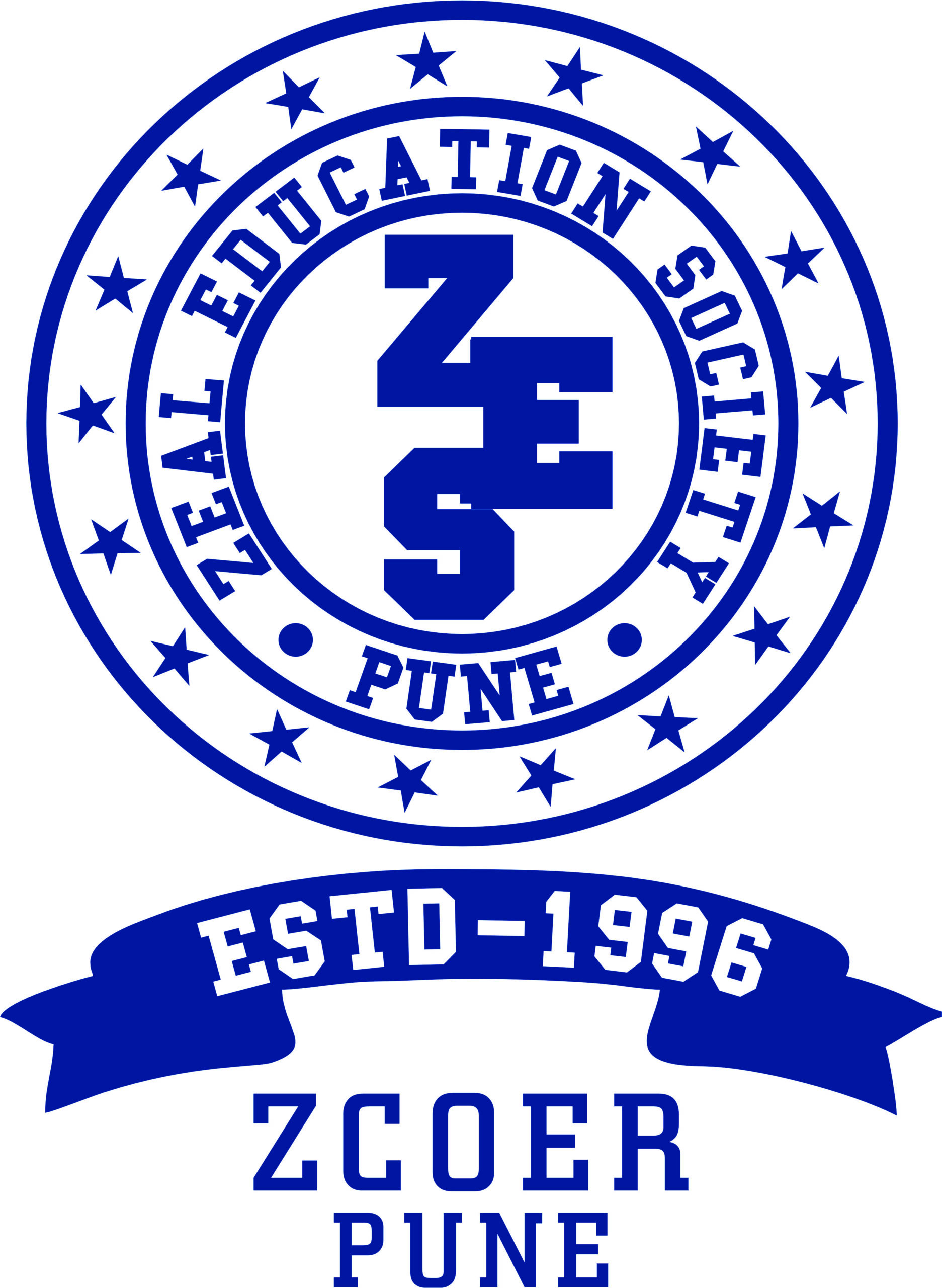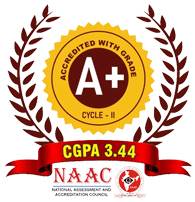Computer Engineering
- Computer Engineering
- About Department
- From HOD Desk
- Vision & Mission
- PEO & PSO, PO & CO
- Autonomy Constitution
- Faculty Profile
- Lab Facilities
- Innovations in Teaching – Learning
- Research & Publication
- Skill Development
- Faculty Achievement
- Students Achievement
- Student Association
- Placement and Internship
- Center of Excellence
- Life @ Computer
- Downloads
- Newsletters
Goals:
The implementation of Student Chapter Activities in the Computer Engineering Department at Zeal College of Engineering and Research, Pune, aims to:
a) Foster a sense of community among students and faculty.
b) Promote peer learning through knowledge-sharing sessions and collaborative projects.
c) Create opportunities for professional development by engaging students with industry professionals and real-world challenges.
d) Enhance technical and non-technical skills through hands-on activities, competitions, and leadership roles.
e) Encourage students to participate in reputed student chapters such as:
- IEEE (Institute of Electrical and Electronics Engineers)
- CSI (Computer Society of India)
- ACM (Association for Computing Machinery)
- ISTE (Indian Society for Technical Education)
- Google Developer Student Clubs (GDSC)
Use of Appropriate Methods:
- Establishment of active student chapters affiliated with professional organizations.
- Conducting technical workshops, hackathons, coding contests, and industrial talks under these chapters.
- Encouraging student leadership through chapter committees and event coordination.
- Providing mentorship programs and networking opportunities through industry-academic collaborations.
- Organizing conferences, webinars, and panel discussions with industry experts.
Significance of Results:
- Development of networking skills through interaction with professionals and peers.
- Leadership experience by taking responsibilities in organizing and managing events.
- Exposure to industry trends via guest lectures, industrial visits, and tech talks.
- Hands-on experience in technical areas such as AI/ML, Cybersecurity, Cloud Computing, and Software Development.
- Increased student engagement and motivation to participate in extracurricular activities.
Effectiveness:
a) Student Participation Levels:
- Over 70% of Computer Engineering students are involved in at least one student chapter.
b) Chapter Event Attendance:
- Major events such as coding competitions, hackathons, and expert talks witness participation of 100+ students per event.
c) Feedback on Activities:
- 85% of students reported that student chapter activities helped them in skill development.
- Faculty feedback indicates improved communication, teamwork, and problem-solving skills among participating students.
Application:
- Skill Development: Conducting workshops on Python, Java, AI, Cybersecurity, Cloud Computing, and Full Stack Development.
- Industry Exposure: Inviting industry professionals for guest lectures and interactive sessions.
- Career Advancement: Organizing mock interviews, resume-building sessions, and career guidance programs.
- Social & Community Engagement: Hosting hackathons and innovation challenges to solve real-world problems.
Utilization:
- Used in curricular and co-curricular activities to bridge the gap between academics and industry.
- Integrated with capstone projects and research initiatives to encourage innovation.
- Helps students in certification courses and participation in global-level competitions.
Implementation:
a) Formation of Student Chapters:
- Collaboration with professional bodies (IEEE, CSI, ACM, ISTE, GDSC).
- Nomination of student coordinators and faculty mentors.
b) Planning & Execution of Activities:
- Organizing technical workshops, coding competitions, hackathons, and industrial visits.
- Hosting guest lectures and panel discussions with industry professionals.
- Conducting career-oriented activities like resume building, mock interviews, and personality development sessions.
c) Encouraging Student Involvement:
- Promoting membership in professional bodies.
- Providing recognition and certificates for active participation.
- Encouraging students to publish research papers and participate in national/international conferences.
Benefits:
- Holistic Student Development: Enhances technical, managerial, and interpersonal skills.
- Industry Readiness: Students gain insights into industry expectations and emerging technologies.
- Better Career Opportunities: Exposure to recruiters, internships, and placement opportunities.
- Stronger Alumni Network: Helps students connect with alumni working in reputed organizations.
- Encourages Entrepreneurship & Innovation: Many student startups emerge from chapter activities.
Conclusion:
Student Chapter Activities at Zeal College of Engineering and Research, Pune, bridge the gap between academics and industry by fostering technical excellence, leadership skills, and professional development. The initiative has received overwhelming participation and positive feedback from students and faculty alike. By continuously evolving and introducing new activities, the Computer Engineering Department ensures that students remain industry-ready and well-prepared for future challenges.
Submit your review | |
1 2 3 4 5 | |
Submit Cancel | |

